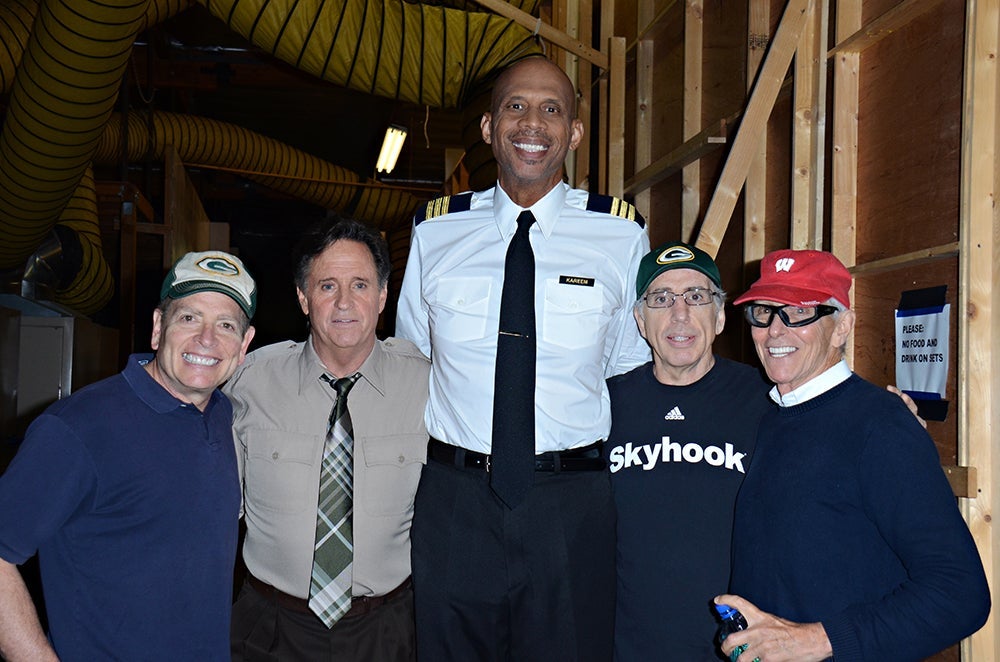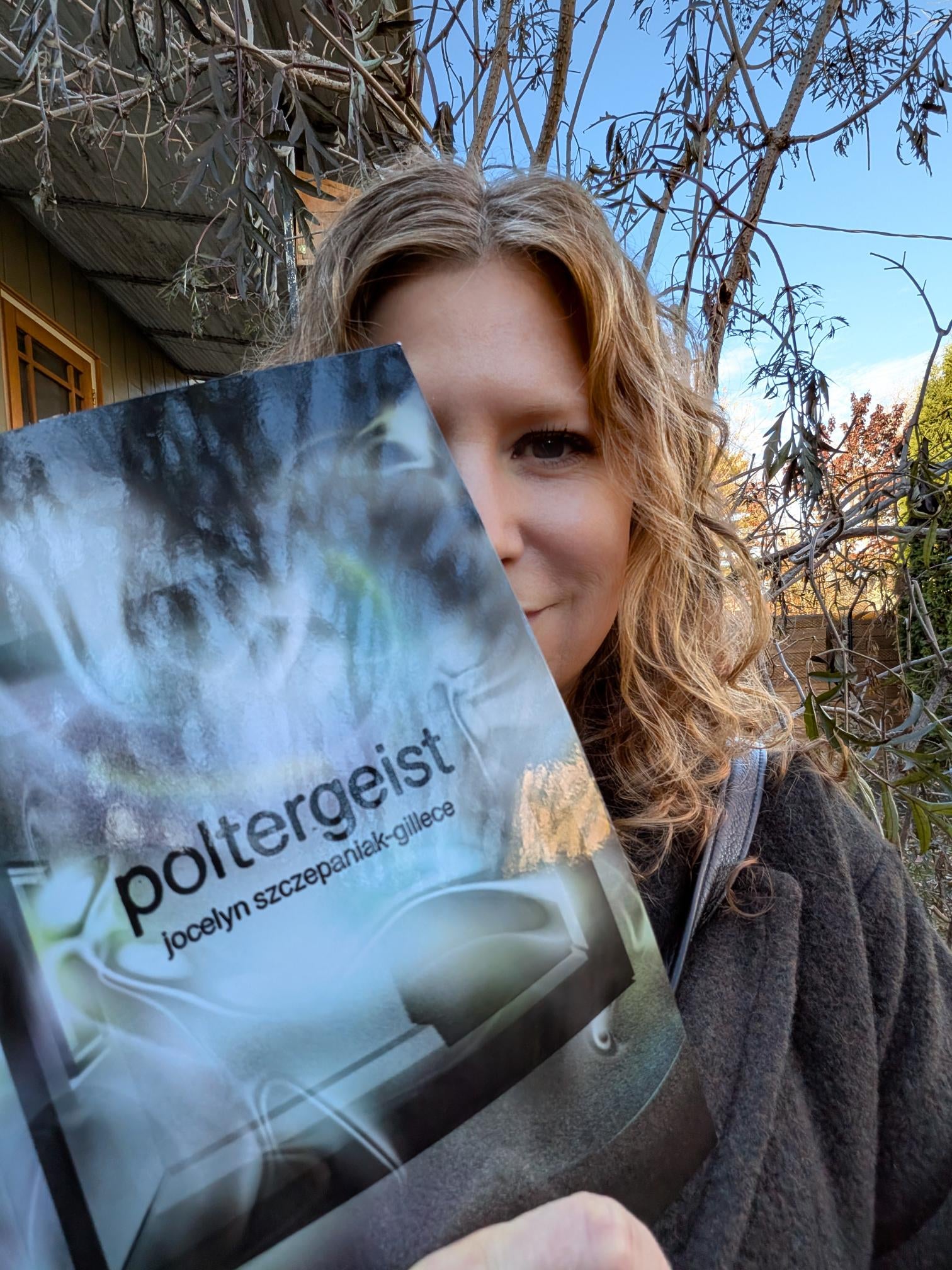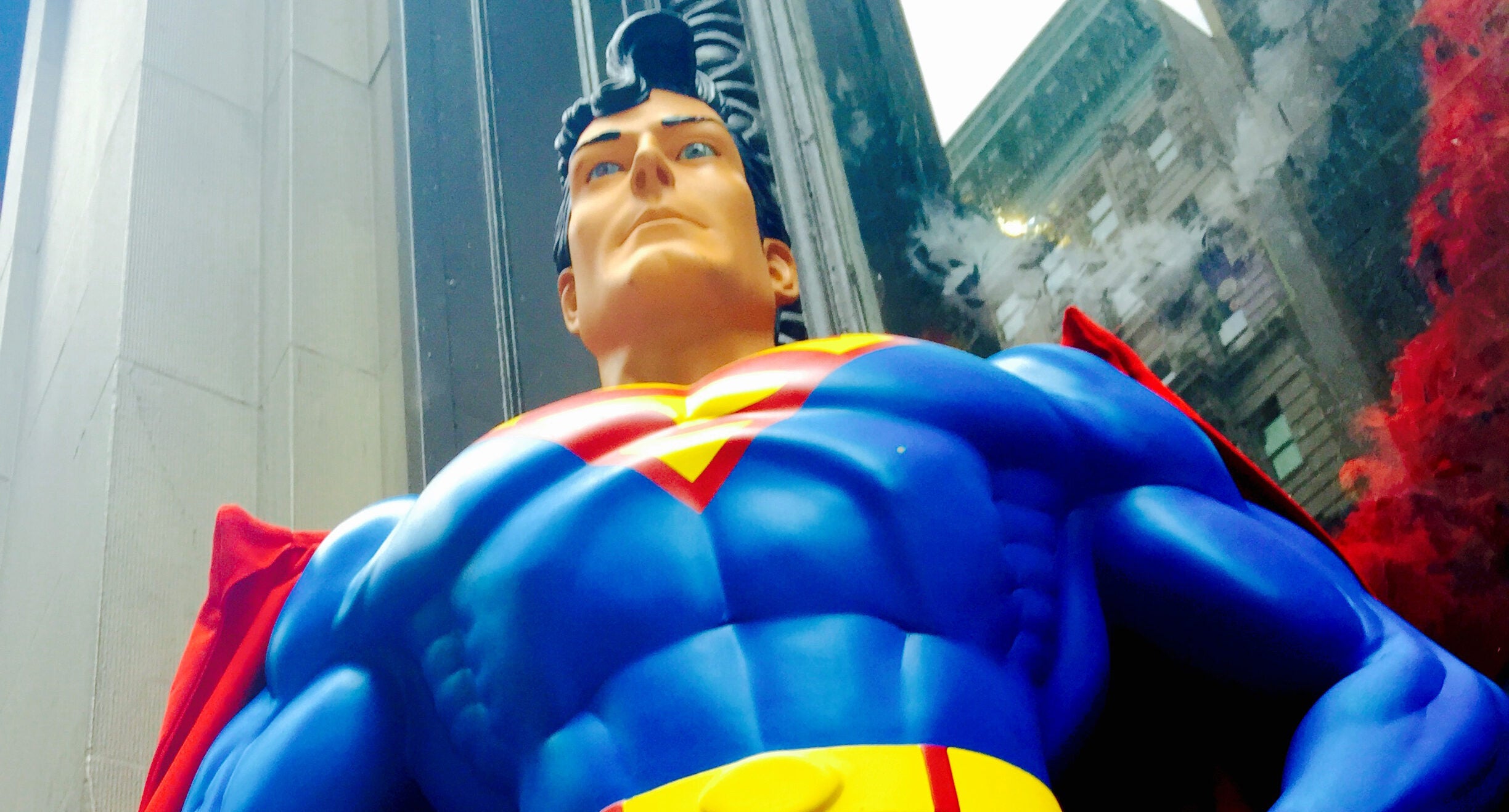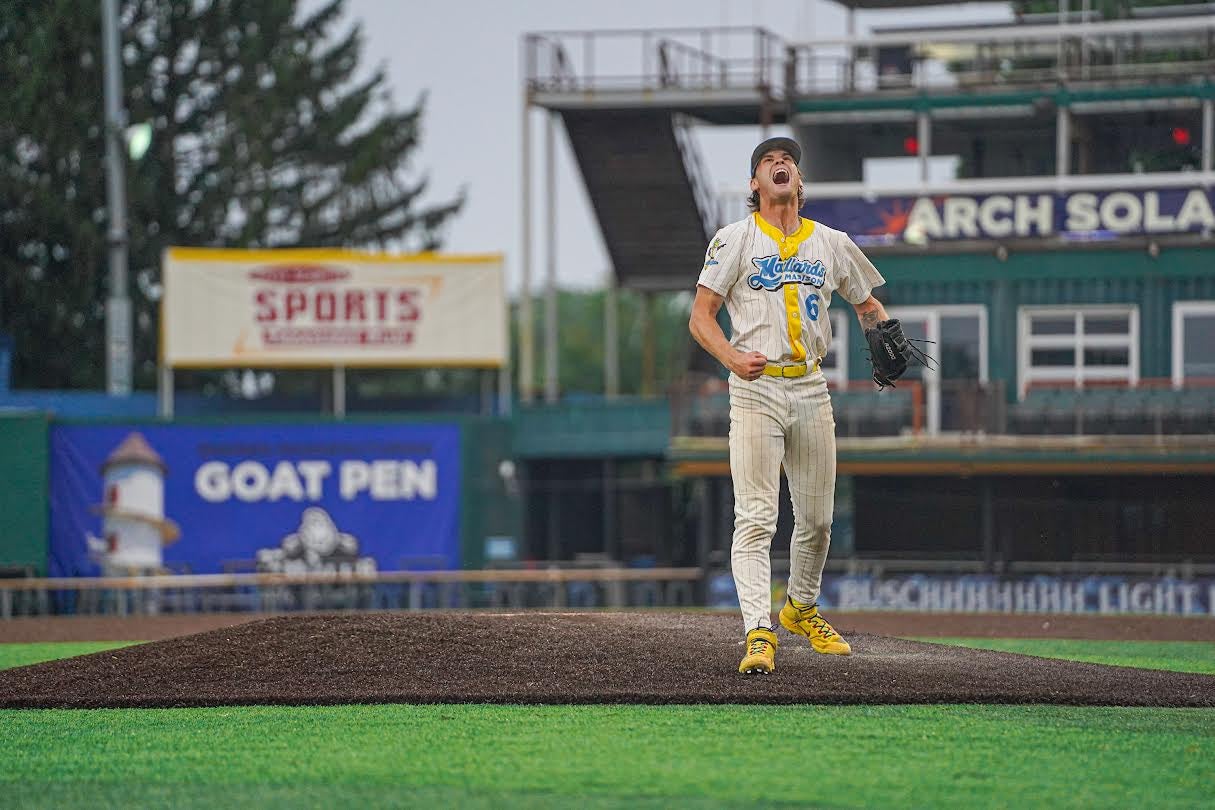Long before lines like “Don’t call me Shirley” became part of classic film culture’s lexicon, the men behind the movie “Airplane!” were busy hammering and nailing a stage together for their opening performance of Kentucky Fried Theater at the University of Wisconsin-Madison.

Brothers David and Jerry Zucker and Jim Abrahams were setting up a stage, control room and chairs for their debut performance at the Daisy Cafe on West Washington Avenue.
News with a little more humanity
WPR’s “Wisconsin Today” newsletter keeps you connected to the state you love without feeling overwhelmed. No paywall. No agenda. No corporate filter.
The first mishap was that the building inspector closed them down for lack of a building permit. But the Union South came to the rescue and allowed them to perform there.
“And then that was a disaster,” David Zucker said.
They never rehearsed, so the show was flush with technical difficulties.
“Not only were there technical difficulties, but we ran out of material,” Abrahams said. “But fortunately, Dick Chudnow, who was our partner back then, was very comfortable up on a stage, and he got up on stage and did a bunch of improv.”
The Zucker brothers and Abrahams, all writers and directors of “Airplane!” and other hit comedies, joined Wisconsin Public Radio’s “The Larry Meiller Show” to discuss their book, “Surely You Can’t Be Serious: The True Story of Airplane!“
“It all started at the University of Wisconsin, when we did Kentucky Fried Theater there,” Jerry Zucker said. “And that was our first audiences. And that’s what we really learned, you know, what was funny and how to make people laugh.”
The following has been edited for brevity and clarity.

Larry Meiller: Well, here it is. Forty years more. And you’ve got this wonderful book. Why release it now?
David Zucker: Well, we were trying to hit the 40-year anniversary, but we got three years over time.
Jerry Zucker: We released it now because we finished it.
Jim Abrahams: And I think a lot of it had to do with over the years, we’ve been sort of stunned by how long the movie has stayed popular and well known and quoted and all that. So we thought maybe someday our kids or our grandkids or something would be interested in knowing what happened back then. So we decided to preserve it in the book.
DZ: And Jim’s discovered all these YouTube videos where it shows people — young people, you know, early 20s and late teens — seeing “Airplane!” for the first time. And so that’s kind of surprised that it’s still a movie that still entertains people who haven’t seen it before.
JA: Even though, for instance, before he gets on the plane, the woman at the desk says, “Smoking or nonsmoking?” about the ticket, and, you know, it’s been decades since anyone was allowed to smoke on an airplane. But that joke with the smoking ticket holds up as well today as it did in 1980.
LM: This whole book, I mean, what a revelation. It’s got the three of you, of course, but then there are, it feels like, hundreds of side comments from actors from the movie, people who weren’t in the movie, like David Letterman. And I’m I’m just amazed that you were able to put all that together.
DZ: Letterman was almost in the movie. Yeah, he actually did a screen test, and we talk about that in the book. But he was uncomfortable with acting, and Jerry finally called him to tell him he didn’t get the part. And Letterman says in the book, he was so relieved. He loved the movie, and he loved it even more because he wasn’t in it.
LM: Kentucky Fried Theater was here (in Madison), and it was really funny. Talk about why you took it to Los Angeles?
DZ: Well, we found by 1972, film production had pretty much dried up in southeastern Wisconsin. We wanted to get into movies. So we decided we either go to New York or L.A. and one of the guys in our troupe, one of our partners, Dick Chudnow, who now does ComedySportz, he said, “I’m going to L.A.”
So, Dick was the star of the show. And we figured it would be more comfortable to starve in L.A. than in New York.
JA: And ultimately, our goal was to end up on “The Tonight Show,” and that was filming in L.A. So, let’s go to L.A.
LM: And you wound up on “The Tonight Show” at some point.
JA: Yeah, we wound up on “The Tonight Show” and we bombed.
It was kind of interesting. Johnny Carson had the night off, the night we made it on. And so this guy, Joey Bishop, was the guest host. And his introduction to us was something like, “Geez, I haven’t met these guys. I hear they’re pretty funny. I know they’re from Wisconsin, and I’m sure they’re scared to death. Please welcome Kentucky Fried Theater.”
And it kind of went downhill from there.
LM: Now, as for “Airplane!,” many of the actors did not want to be in the movie. Robert Stack didn’t think it was going to work.
DZ: Yeah, Robert Stack was a little concerned about the script, probably more about that we were first time directors and there were three of us.
Peter Graves actually threw the script across the room and said this is the worst piece of trash he’s ever read.
Fortunately, our executive producer, Howard Koch, convinced them to come in and meet with us. And then I think it was his wife and his daughter who said, you know, “Dad, you should do this. This is a funny script.” So he took a chance.
LM: And I think after the movie, Robert Stack came to you and thanked you profusely?
JZ: Oh, very happy that it worked. Because I don’t think anybody really understood until they saw it.
“Don’t call me Shirley” … was shot on the first day. So when (the actors) saw it, we got these calls, and they said, “Oh, now we get it.”
We don’t think anybody was stupid for not understanding that. It was a really difficult concept to get, and it was very much in our minds. So the actors, I think, had kind of the same reaction in seeing the movie and seeing everybody laugh. They kind of say, “Oh, this is what they’re doing. I guess it does work.”
JA: When you think about it, that’s sort of a fringe benefit of that casting, because all those guys had spent their whole careers playing these ostensibly very serious roles. And for them to is to have a laugh at their own expense is really kind of endearing. And I think that’s sort of another level of why “Airplane!” works and how therapeutic and healthy it is to have a laugh at your own expense.
LM: One of our listeners is wondering how your high school experience affected your future.
DZ: Well, there were a lot of funny guys in our high school class. We weren’t the funniest ones. They were just all able to find jobs after high school.
But I think there was something in the water probably in Wisconsin. And we thought particularly in Shorewood, mainly because I think we knew we weren’t hot stuff before.
JZ: And it’s kind of a self-deprecating humor as opposed to L.A. and California, you know, which have a certain kind of arrogance. And so I think our humor was very Wisconsin.
JA: We tell a story in the book about when we went to Shorewood High School, and on the third floor of Shorewood High School was this big dome. And there was a classroom under the dome and the acoustics were very bad. So they hung a huge American flag on the ceiling … so that the acoustics would be OK to teach classes.
And one day, there was a substitute teacher who came in, and she said, “How do you start the class?” And one of the guys, not us, but one of the guys in the class said, “Well, we start by saying the Pledge of Allegiance, so we all have to lie down on the floor and face the flag in order to say the pledge.”
Everybody in the class just sort of spontaneously, including the substitute teacher, laid down on the floor and said the pledge.
Wisconsin Public Radio, © Copyright 2026, Board of Regents of the University of Wisconsin System and Wisconsin Educational Communications Board.







